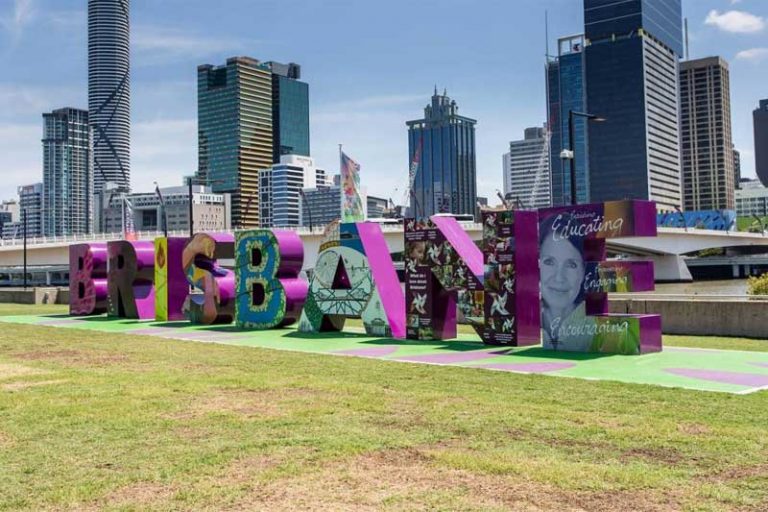Only weeks following the historic awarding of two editions of the Summer Olympic and Paralympic Games simultaneously, the International Olympic Committee (IOC) is already in discussions to site the 2032 Games, according to IOC Executive Director Christophe Dubi.

Last month both Paris and Los Angeles were signed to host the 2024 and 2028 Games, respectively, giving the American city an unprecedented 11 years to prepare for the Games. The 2032 host city will not likely be elected until 2025.
But on Thursday Dubi said during a teleconference from IOC headquarters in Lausanne “we are already, for the Summer Games that are really distant in the future, we have touch-points with a number of cities.”
“What we’ve been very clear about is let’s start to work now even though it’s for 2032, to look at the situation in those very cities, and see already today what are the strengths from the sporting standpoint of infrastructure and try to project ourselves as far as 2032.”
The number of cities interested in bidding for the Summer Games has plummeted in recent years due to recent Games cost overruns and unsustainable legacies. Paris and LA were both awarded Games because all other cities had dropped out of the race due to public push-back.
The same can be said about the Winter edition where only two of six candidates remained in the 2022 race after four European cities dropped out – leaving Beijing to defeat Almaty in Kazakhstan at the final election.
Recognizing the issue, the IOC has retooled the bid process, making it more of an interactive and proactive experience for both the cities and the IOC. The organization has also vowed to reduce hosting costs by as much as USD $500 million and cut bidding expenses by 30 percent by introducing more efficiencies.
But on Sunday a strong candidate for the 2026 Games – Innsbruck, Austria – was eliminated when it lost a general referendum and among potential bidders Sion, Calgary and Stockholm, all have similar hurdles ahead. On Monday a Salt Lake City group indicated that it would study a possible bid.
Part of the new site selection process, Dubi said, is proactively seeking potential partners to bid for the Games in 2026 and beyond.
“It’s a little bit of us identifying those cities,” he said, “but we are still in a position now that the number of them are contacting us because they are interested even in the very distant future.
“This is what the candidate city team is doing.”
“But also for the 2032 Games and further, discussing with those interested, sending people, having preliminary reports, preliminary assessments, coaching on what to do.”

Dubi didn’t mention any cities by name, but after Budapest dropped out of the 2024 race under a politically motivated referendum threat – officials there vowed to bid again. When Rome’s Mayor withdrew support for her city’s 2024 bid, Italian city Milan said it would consider bidding for a future Games, and even pointed at a possible 2026 Winter Games bid.
At the outset of the 2024 race, Baku and Doha were said to have been part of the “invitation stage” and opted to defer their campaigns to the future. Toronto, too, stepped aside on the eve of the application deadline after the Mayor said more time was needed.
Recent changes to the bid process were made possible by IOC President Thomas Bach’s Agenda 2020, a 40-point set of reforms designed to advance the goals of the Olympic Movement.
“It has quite profoundly modified the way we do business,” Dubi said.
“It has produced positive effects on just about everyone from [Organizing Committees] to International Federations.
“We do business differently because that is truly very powerful.”
The application deadline for 2026 bid cities is March 31, 2018.


